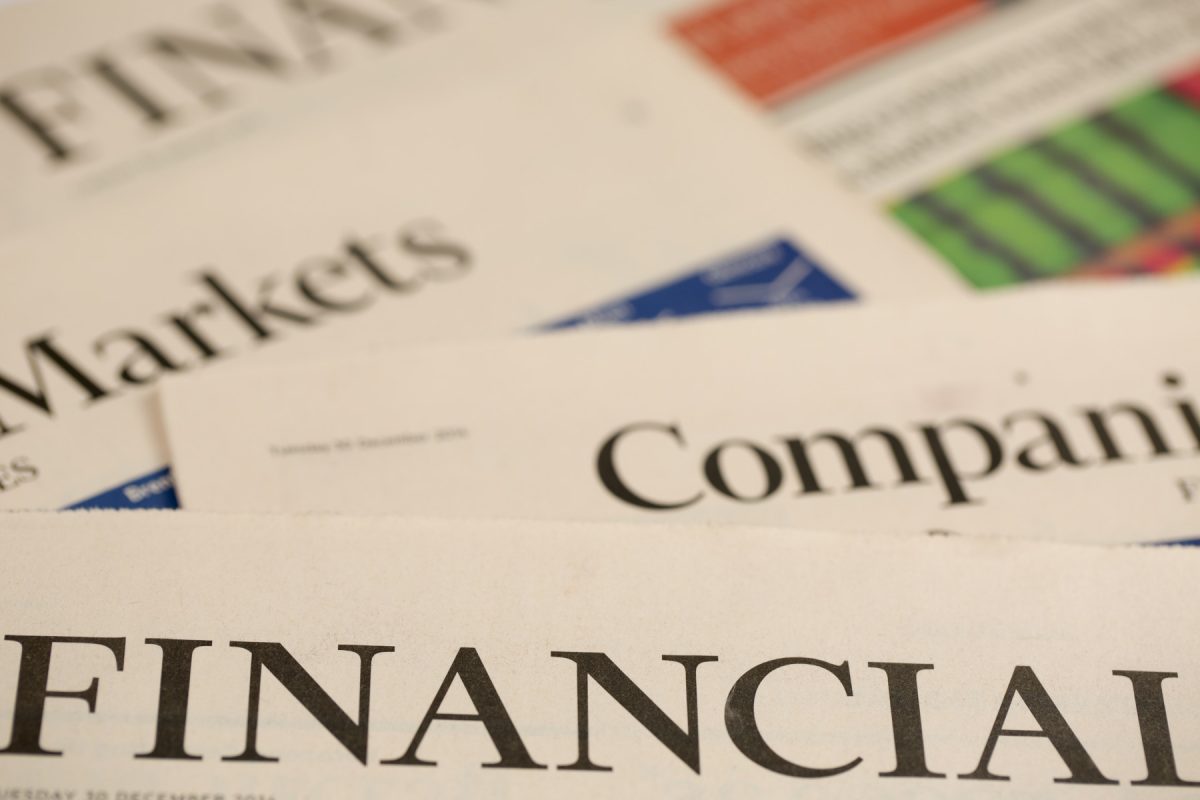
Personal income statistics for 2015/16, published by HMRC this week, reveal smart investors are behind an £11bn tax increase in the UK’s tax bill. A summary of the key statistics is as follows:
- Taxpayers’ total income rose by £63bn in 2015/16, to £1,040bn
- The top 1% of taxpayers are now paying 30% of all income tax, up from 27% in 2014/15
- Higher-rate and additional rate tax payers, who make up 16% of UK taxpayers, provided two-thirds of all UK income tax (£120bn of the total tax liabilities of £178bn)
- Of the £63bn increase in total income, an estimated £13.2bn was due to smart taxpayers bringing forward dividend income into the 2015/16 tax year to take advantage of lower tax rates before dividend taxation changes came into force in April 2016, as illustrated below:
| 20% taxpayers | 40% taxpayers | 45% taxpayers | |
|---|---|---|---|
| Effective dividend rate pre 6/4/16 (after 10% tax credit) | 0% | 25% | 30.56% |
| Dividend rate post 6/4/16 (after £5,000 dividend allowance | 7.5% | 32.5% | 38.1% |
Regarding personal taxation, individuals should be aware of various legislative changes taking place from 6 April 2018, such as the tax-free dividend allowance reducing from £5,000 to £2,000 and further reductions in mortgage interest rate relief for landlords (only 50% of financing costs can be deducted from rental income in 2018/19, down from 75% in 2017/18). Alongside the 3% stamp duty surcharge levied on second homes or buy-to-let properties since April 2016, this has caused new investment in buy-to-let property to fall by 80% (£25bn to £5bn) between 2015 and 2017.
The full publication can be found here.
With the current tax year end looming, you have until 5 April to use your 2017/18 allowances in tax-efficient wrappers such as ISAs and pensions.
If you are a higher or additional rate tax-payer and would like to find out more about how you can maximise your available tax allowances, please contact us.
Risk warnings
This document has been prepared based on our understanding of current UK law and HM Revenue and Customs practice, both of which may be the subject of change in the future. The opinions expressed herein are those of Cantab Asset Management Ltd and should not be construed as investment advice. Cantab Asset Management Ltd is authorised and regulated by the Financial Conduct Authority. As with all equity-based and bond-based investments, the value and the income therefrom can fall as well as rise and you may not get back all the money that you invested. The value of overseas securities will be influenced by the exchange rate used to convert these to sterling. Investments in stocks and shares should therefore be viewed as a medium to long-term investment. Past performance is not a guide to the future. It is important to note that in selecting ESG investments, a screening out process has taken place which eliminates many investments potentially providing good financial returns. By reducing the universe of possible investments, the investment performance of ESG portfolios might be less than that potentially produced by selecting from the larger unscreened universe.


